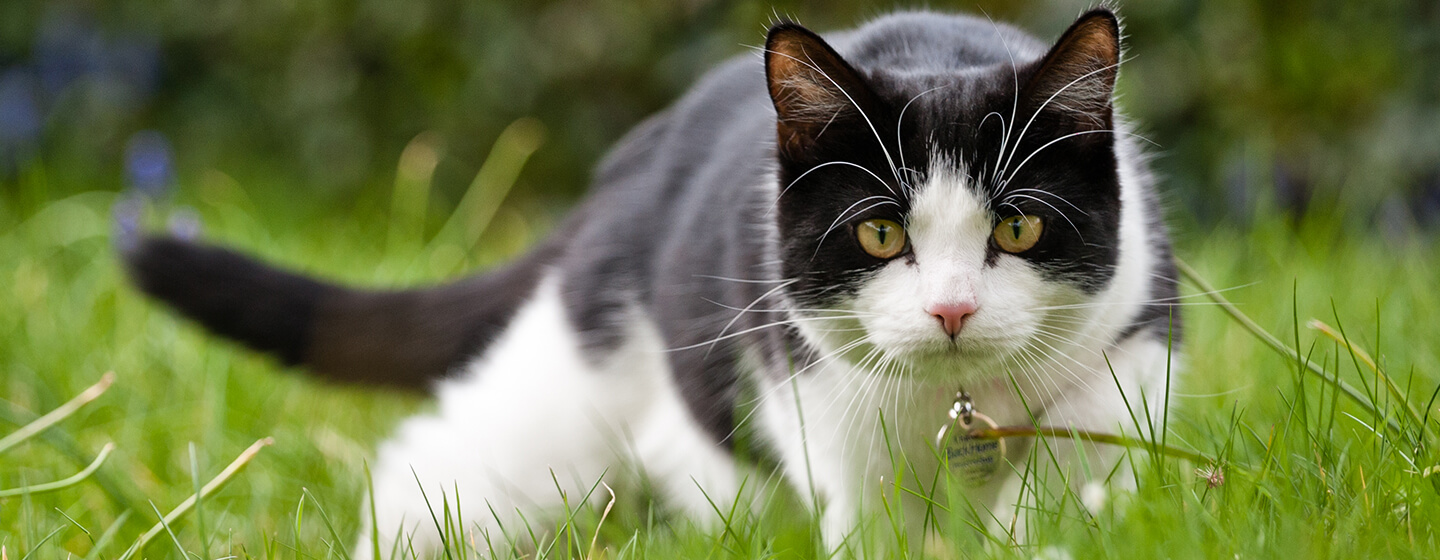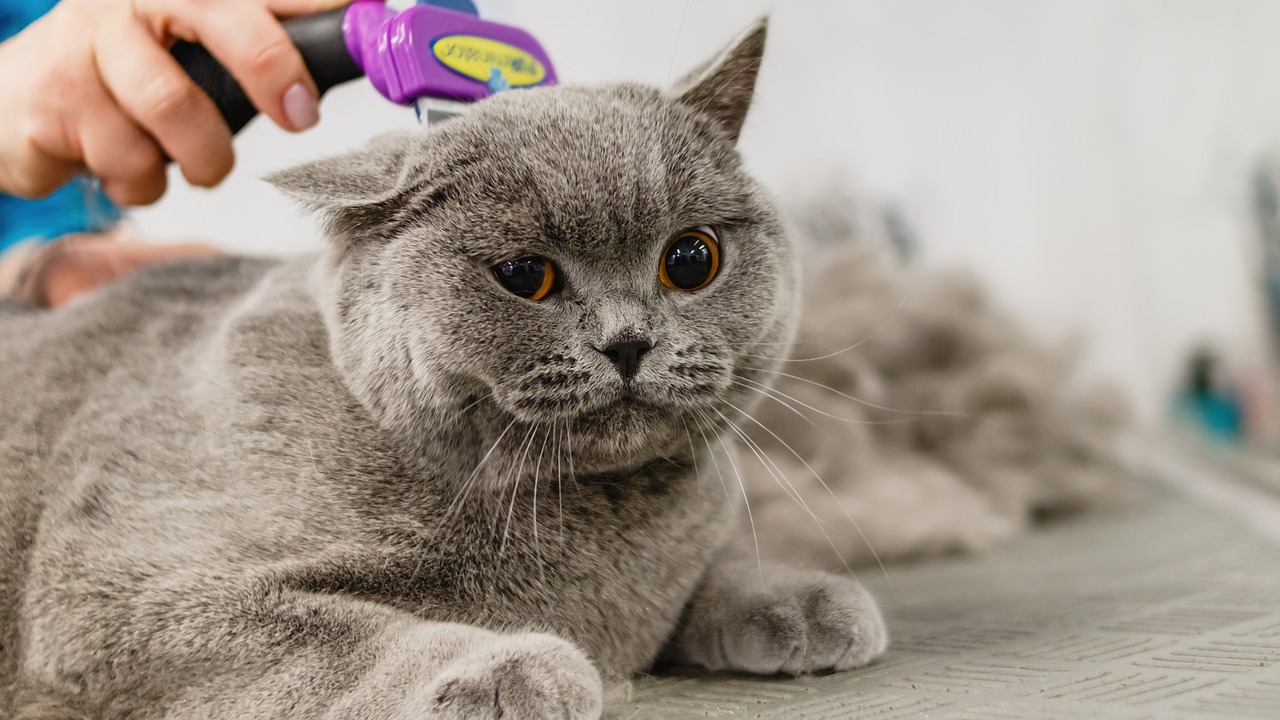
Paws and Whiskers: Nurturing Your Cat’s Health
A Feline Friend for Life
Hey there, cat lovers! If you share your home with a furry feline friend, you probably know just how special these whiskered companions are. But to ensure your kitty stays happy and healthy throughout their life, it’s essential to understand the ins and outs of cat health. In this informative article, we’ll explore the constants of cat health, discuss their age-related needs, delve into teething issues, and take a closer look at their remarkable senses.
Cat Health: The Constants
Proper Nutrition: The Cat’s Meow
A healthy cat starts with a balanced diet. Cats are obligate carnivores, which means they thrive on a diet primarily consisting of meat. Quality commercial cat food or a veterinarian-recommended homemade diet is essential for providing the right nutrients. Ensure your cat has access to fresh, clean water at all times to prevent dehydration.
Regular Vet Check-Ups: Purrfect Prevention
Just like you visit the doctor for check-ups, your cat needs regular veterinary care. Annual check-ups help catch potential health issues early. Your vet can also provide guidance on vaccinations, flea and tick prevention, and dental care.
Hygiene Matters: Cleanliness Counts
Cats are meticulous groomers, but they may need a little help in the grooming department from time to time. Brushing your cat regularly can prevent matting, reduce hairballs, and keep their coat shiny and healthy. Additionally, keep their litter box clean to promote good hygiene and reduce the risk of urinary tract issues.
How Old is Your Cat?

Kittenhood: The Early Stages
Kittens are bundles of energy and curiosity. During this stage, they require special care to set them on the path to a healthy adulthood.
Vaccinations and Deworming
Kittens should receive a series of vaccinations to protect against common feline diseases. Consult your vet to establish a vaccination schedule. Deworming is also crucial to prevent intestinal parasites.
Proper Nutrition
Choose a high-quality kitten food that meets their unique nutritional needs. Kittens require more calories and protein than adult cats to support their rapid growth.
Socialization and Play
Expose your kitten to various people, pets, and environments to help them become well-adjusted adults. Play is essential for their physical and mental development, so provide plenty of toys and interactive playtime.
Adulthood: Prime Years
Cats typically reach adulthood between 1 to 7 years of age. During this phase, focus on maintaining their health and well-being.
Spaying and Neutering
Consider spaying or neutering your cat if you haven’t already. This not only helps control the cat population but can also reduce certain health risks and behavioral issues.
Preventative Care
Continue with annual vet check-ups and vaccinations. Regular exercise and a balanced diet are key to keeping your adult cat in tip-top shape.
Dental Health
Dental problems are common in cats. Brush their teeth regularly, and provide dental treats or toys to help keep their pearly whites clean.
Senior Years: Golden Moments
Cats are considered seniors at around 7 years of age. As they age, their needs change, and they may require more specialized care.
Regular Vet Visits
Increase the frequency of vet visits to twice a year. Senior cats are more susceptible to age-related health issues, so early detection is crucial.
Adjusted Diet
Transition to a senior cat food formula, which is designed to address the specific needs of aging cats. These diets often include joint support and reduced calorie content.
Comfort and Companionship
Senior cats may appreciate a quieter, more comfortable environment. Ensure they have a cozy spot to rest and provide companionship to combat loneliness.
Cat Health: Teething
The Teething Process
Kittens start teething at around 3 weeks old, and their deciduous (baby) teeth begin to fall out. Adult teeth replace them, and this process continues until they’re about 6 months old. Teething can be uncomfortable for kittens, so it’s essential to help them through it.
Signs of Teething
During teething, kittens may exhibit the following behaviors:
- Excessive chewing or biting on objects
- Drooling
- Loss of appetite
- Irritability
Teething Relief
Provide appropriate teething toys for your kitten to chew on. These toys can help soothe their gums and provide a safe outlet for their chewing instincts. If you notice any severe discomfort or signs of illness, consult your vet for guidance.
Cat Health: Senses
Feline Senses at a Glance
Cats are known for their exceptional senses, which play a vital role in their daily lives and overall well-being.
Sight
Cats have excellent night vision due to their unique eye structure. They see well in low light conditions, making them skilled hunters. However, their color vision is limited, primarily focusing on shades of blue and green.
Hearing
A cat’s sense of hearing is incredibly acute. They can detect sounds at frequencies beyond human capability, which makes them highly attuned to prey movements and even ultrasonic pest repellents.
Smell
Cats have a keen sense of smell. Their olfactory receptors are sensitive to a wide range of scents, which helps them with hunting, navigation, and recognizing familiar scents, including their owners’.
Taste
Cats have specific taste preferences, primarily driven by their carnivorous nature. They’re sensitive to bitterness but enjoy meaty and savory flavors.
Nurturing Your Whiskered Companion
There you have it, cat enthusiasts! By understanding the constants of cat health, recognizing the specific needs of cats at different life stages, addressing teething challenges, and appreciating their remarkable senses, you can provide the best possible care for your feline friend. Remember, a happy and healthy cat is a cherished member of the family.





